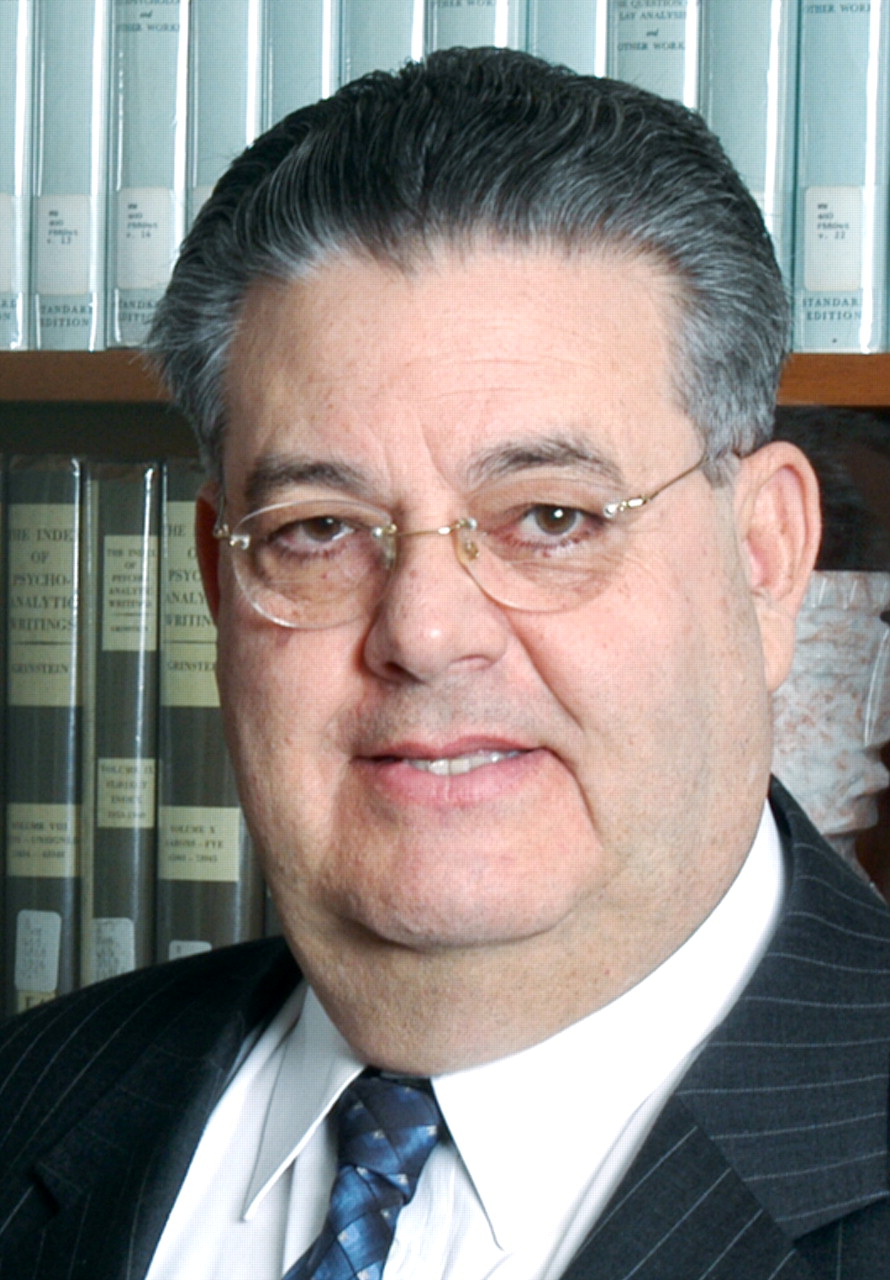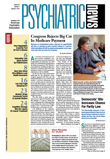In this column, I decided to reflect on my observations and experiences related to the 58th Institute on Psychiatric Services, which took place in New York City from October 5 to 8, 2006.
I am pleased to note that the institute had the highest attendance in the nearly six-decade history of this important meeting. The theme of“ Trauma and Violence in Our Communities,” the strength of the scientific program, and the cultural richness of New York City were major contributing factors that led to this record turnout. Not only did 2,263 people attend this event, but the presence of more than 350 psychiatric trainees and 74 medical students was especially significant.
Additionally, there were 1,050 APA members among the attendees; this number represented about a 40 percent increase from the average number of APA members who attended the last several institutes. This really was an outstanding success. Also gratifying was the attendance of more than 200 attendees from countries other than the United States; particularly notable were that 60 attendees came from Canada and 57 from the Netherlands. The number of people representing mental health advocacy groups was also impressive.
The Opening Session was extremely well attended, with more than 300 persons coming to hear important speakers and applaud the achievements of several APA award winners. The Gold Award of the Psychiatric Services Achievement Awards went this year to the Henry Ford Health System Behavioral Health Services and the Bexar County Jail Division Program; the Silver Award went to the Wyandot Center for Community Behavioral Healthcare; and the Bronze Award went to the Missouri Mental Health Medicaid Pharmacy Partnership Project.
The John E. Fryer, M.D., Award, which was presented for the first time and in conjunction with the Association of Gay and Lesbian Psychiatrists, was presented to Barbara Gittings and Dr. Franklin kameny, who have crusaded for gay rights and have fought against discrimination for decades.
The keynote speaker, Dr. Suzanne Vogel-Scibilia, president of the National Alliance on Mental Illness (NAMI) and an APA member, spoke about her own experiences with stigma and her battles with bipolar disorder over the years.
Additional highlights of this year's Institute were “Celebration Recovery,” at which more than 1,000 mental health consumers from the New York City region mingled and interacted with institute attendees. Kitty Dukakis also spoke about her personal experiences with disabling, chronic depression for more than 20 years.
The institute also was enriched with the close collaboration on the scientific program between APA and the American Association of Community Psychiatrists, NAMI, the Association of Gay and Lesbian Psychiatrists, and the American Orthopsychiatric Association.
The psychiatry residents attending the institute benefited from a special program designed for them. This program included a “Meet the Experts” lunch session, a reception specifically for residents, a series of workshops and other sessions of particular relevance to psychiatry residents, and a forum with psychiatry department chairs in the New york metropolitan area. I chaired this very successful forum, whose theme was“ The Role of Academic Departments and Faculty in Forging the Future of Psychiatry.” During the forum, eight department chairs addressed this very relevant topic from different points of view. This is the first time this type of forum was held at the APA institute, and I hope that this creative idea will lead to a tradition of similar forums at future institutes.
Of special significance at the institute was the presence and participation of representatives from PsychSIGN, a interest group for medical students in the United States and Canada interested in a career in psychiatry (Psychiatric News, November 3, 2006). This organization was founded in October 2005 and has held several meetings.
Another event of special significance at the institute was the lunch session that I initiated with the collaboration of Dr. Michael Vergare, chair of the APA Council on Member and District Branch Relations, and Linda Hughes, director of the APA Department of District Branch/State Society Relations. The lunch session brought together district branch presidents from the New York metropolitan area. This forum was well attended, and I recommend that it be held at future institutes.
As you can gather from my comments, I believe that the 2006 institute was the best one ever. I want to thank the members of the institute's Scientific Program Committee; the institute staff, specifically Jill Gruber; the organizations that collaborated to make the institute an outstanding event; and all who attended. I hope the success achieved at this most recent institute will make it a model for future ones. ▪

